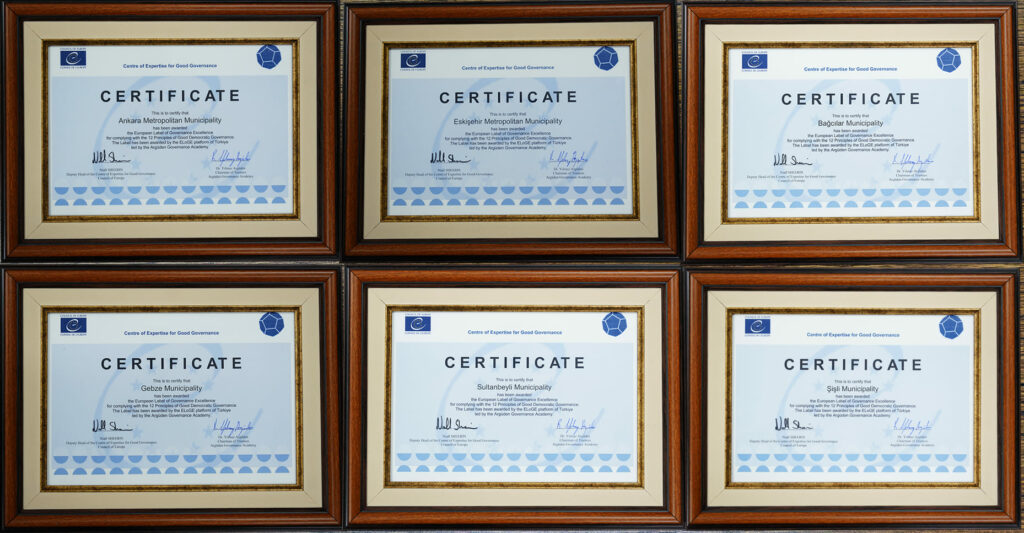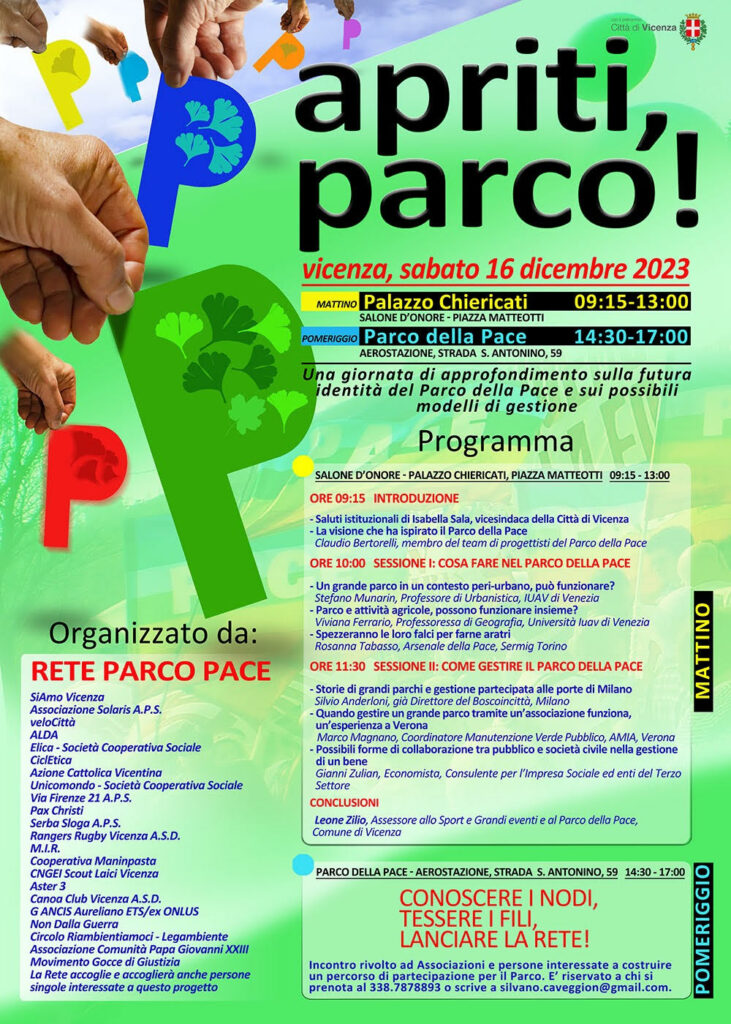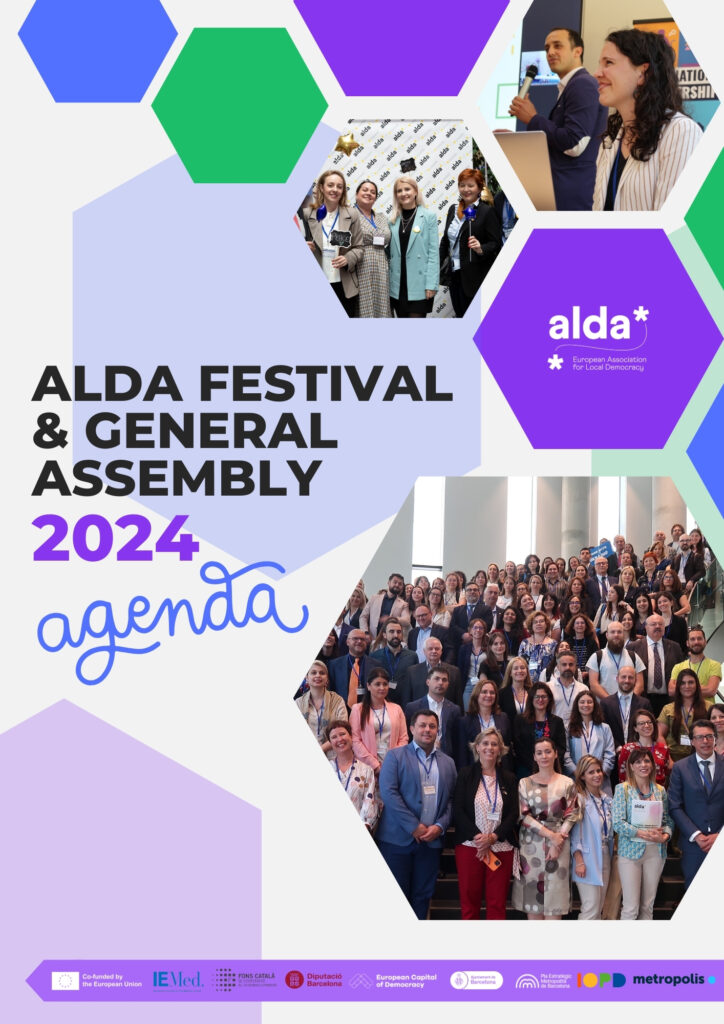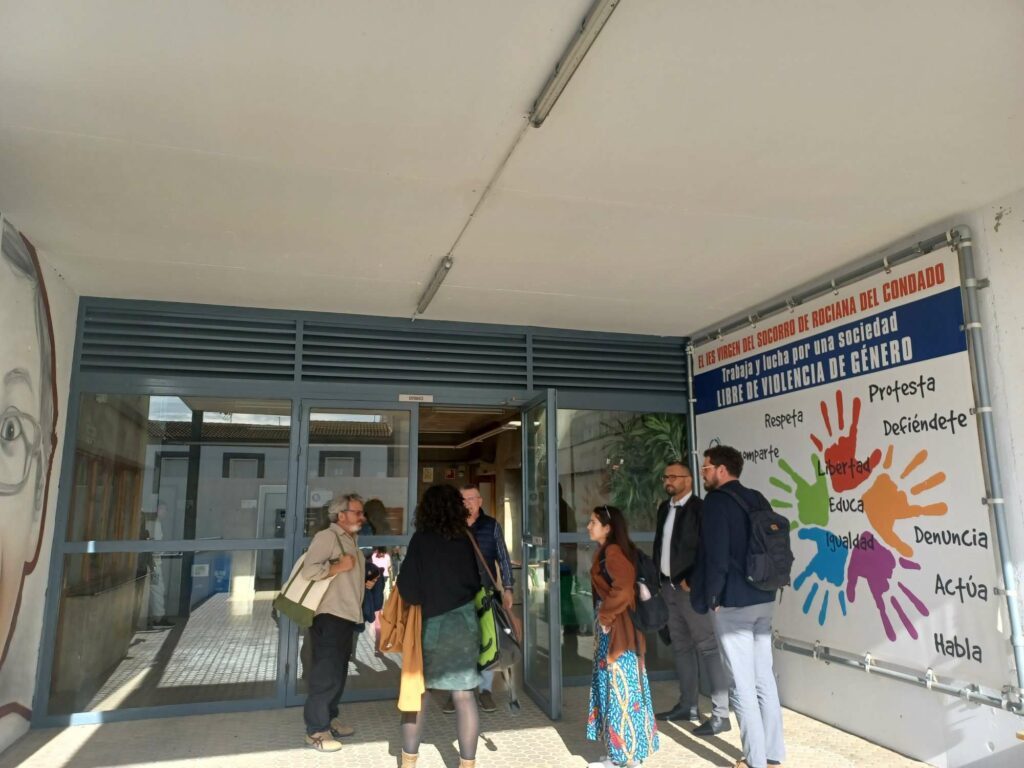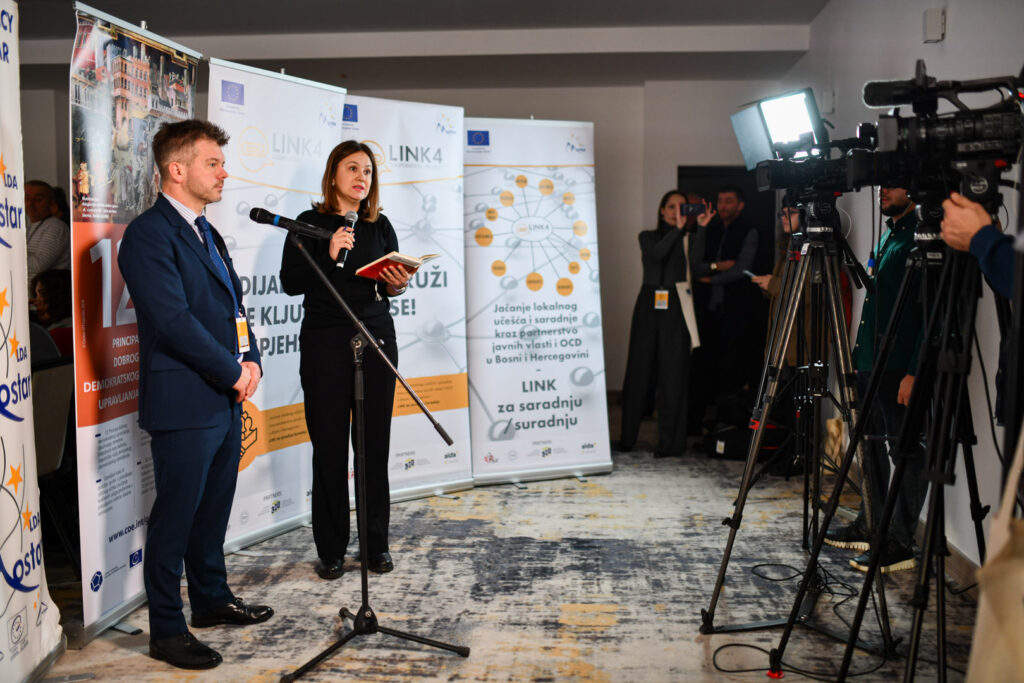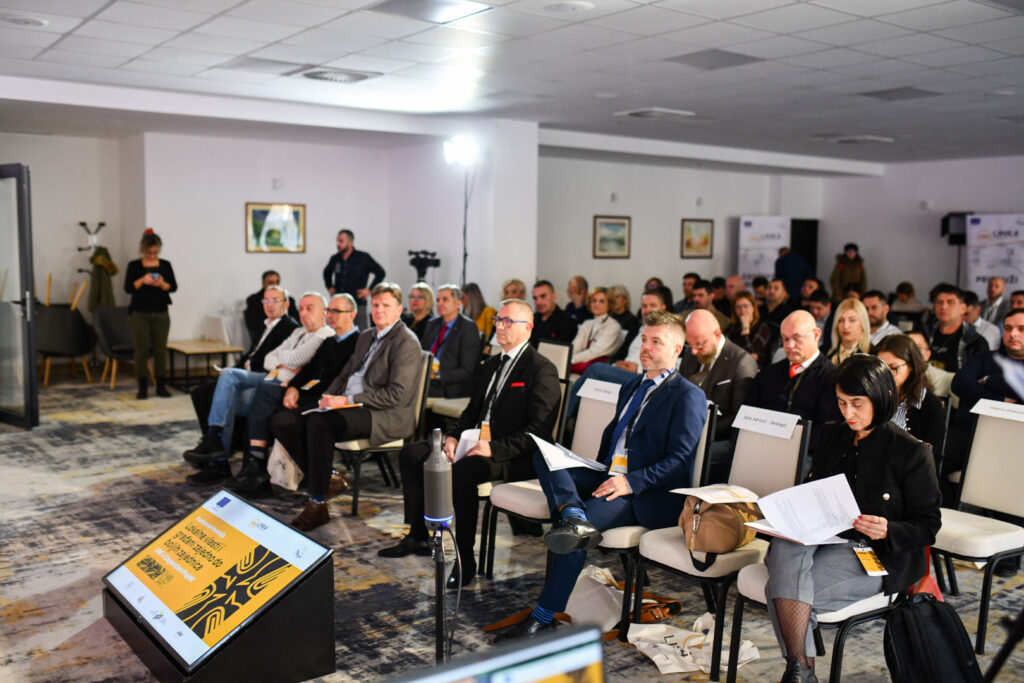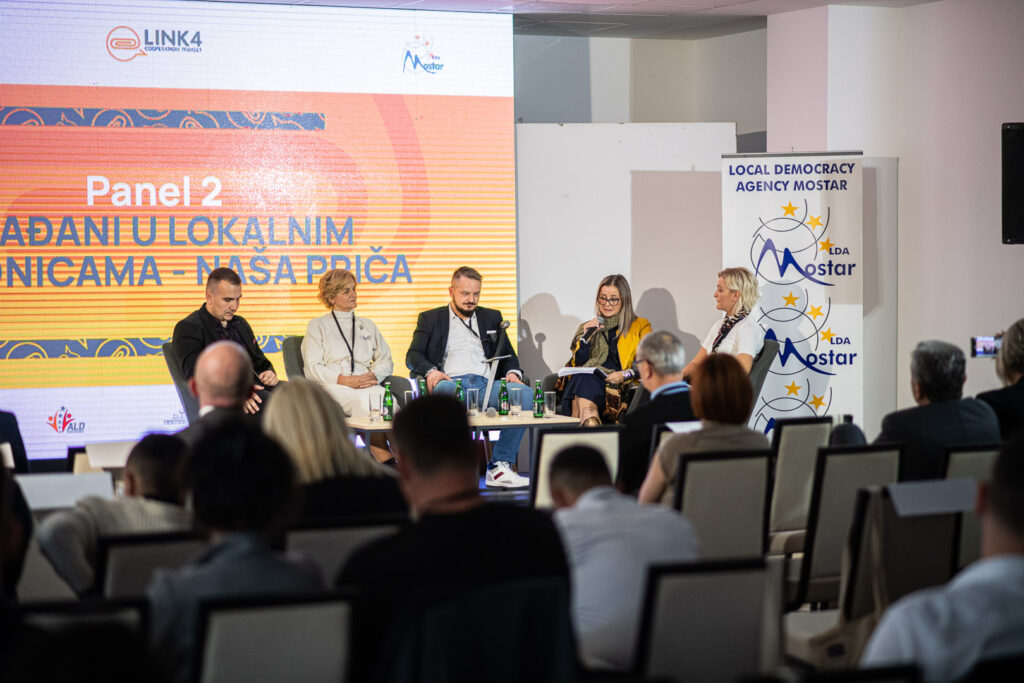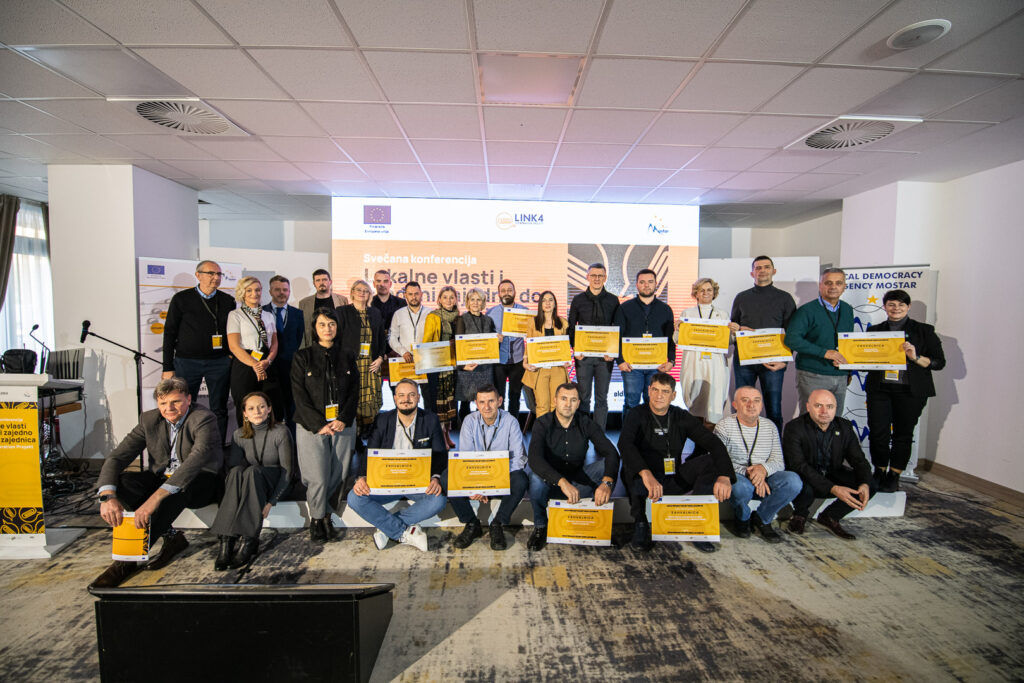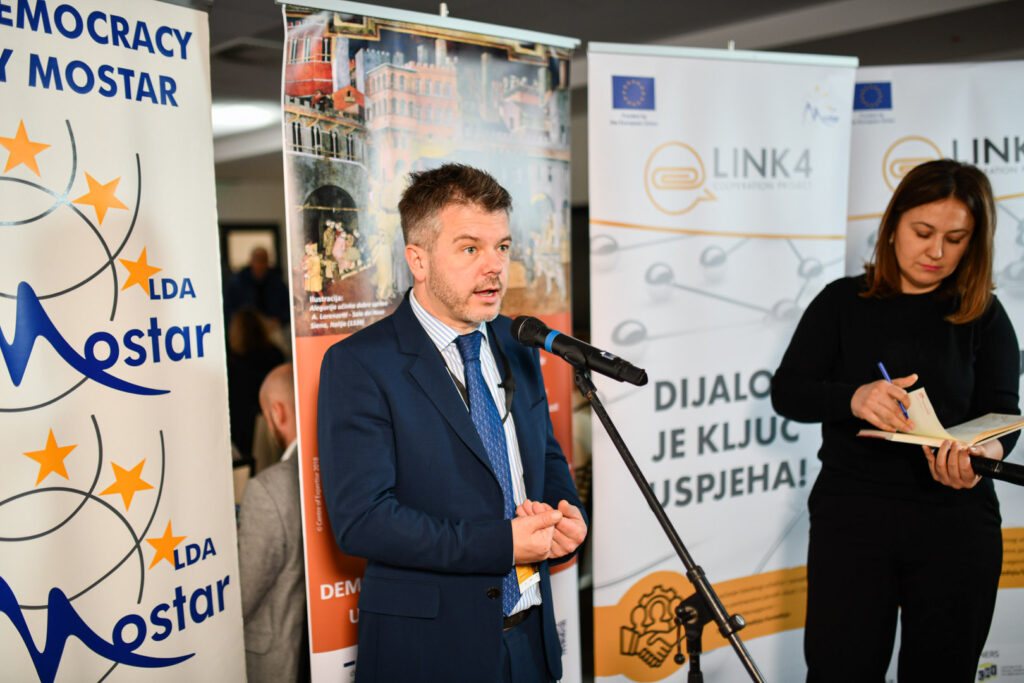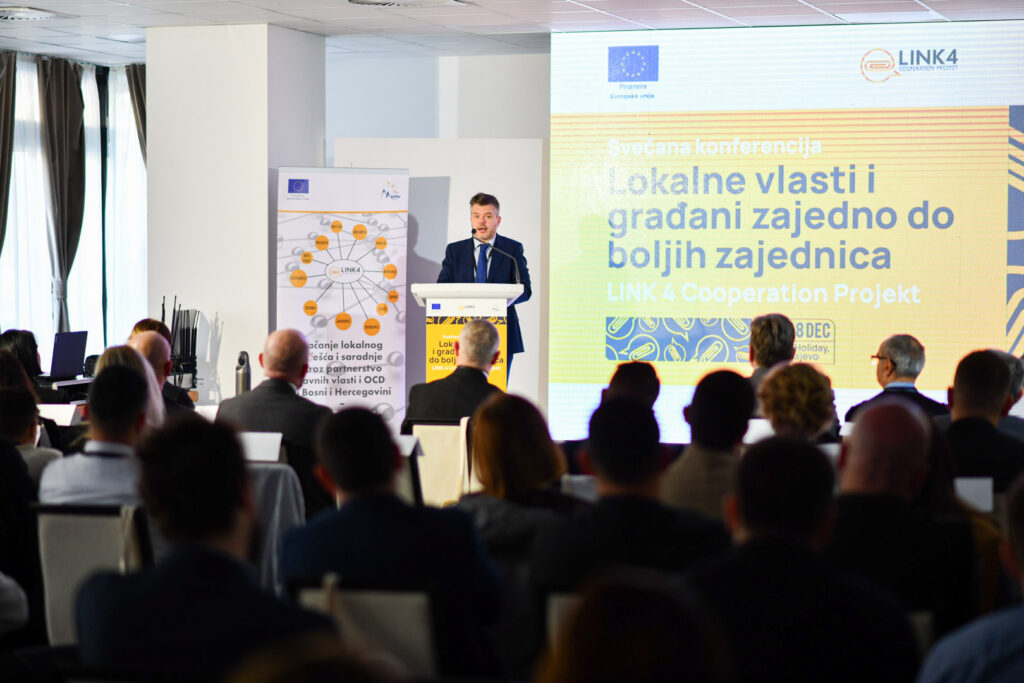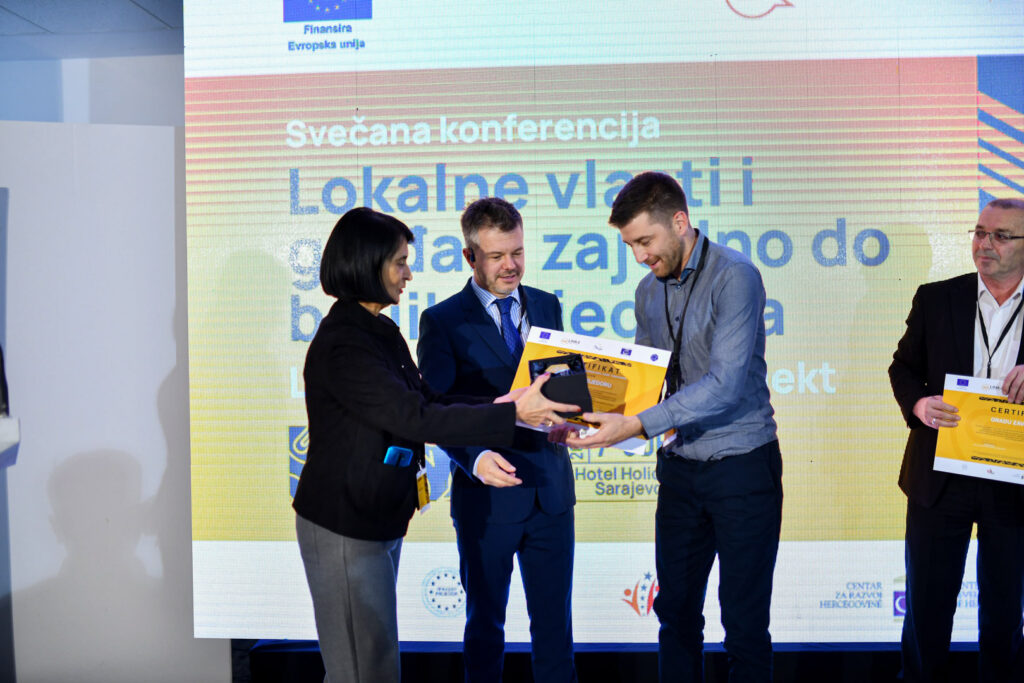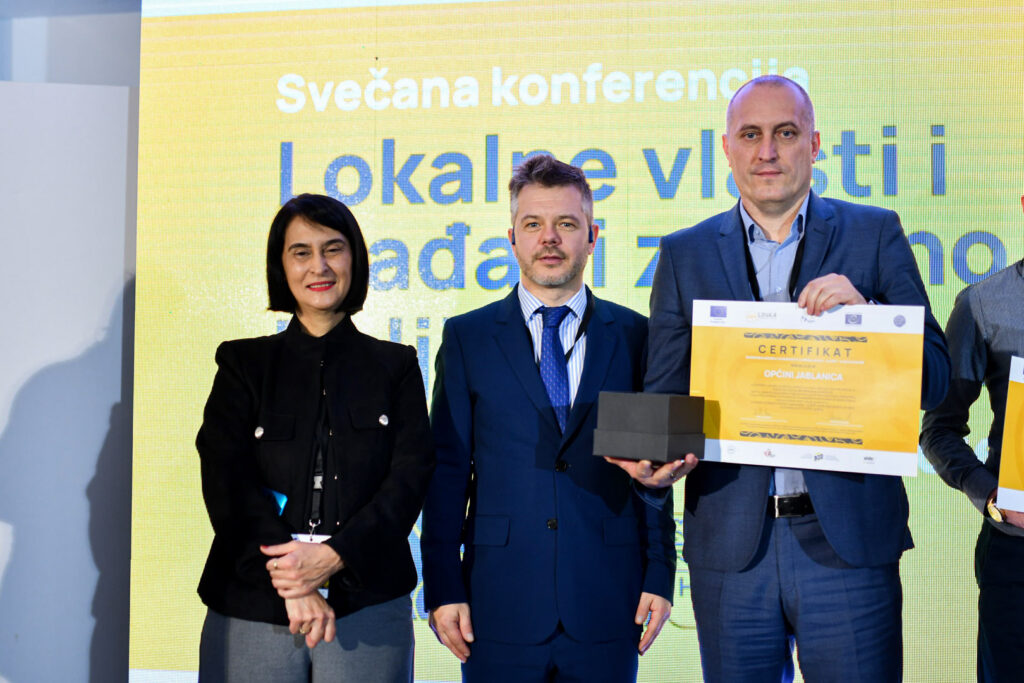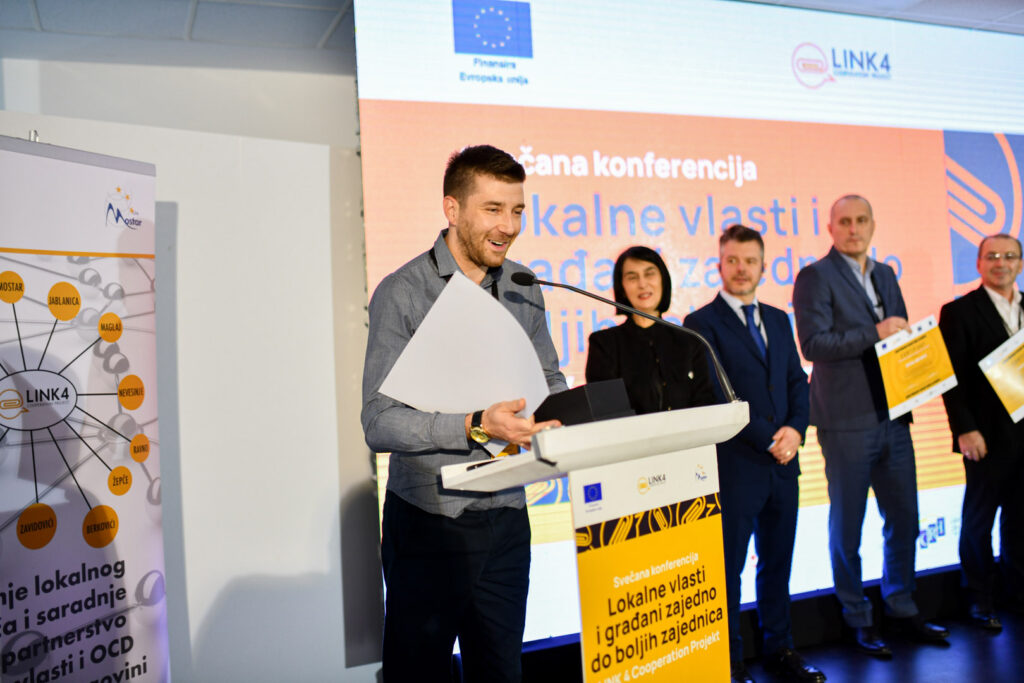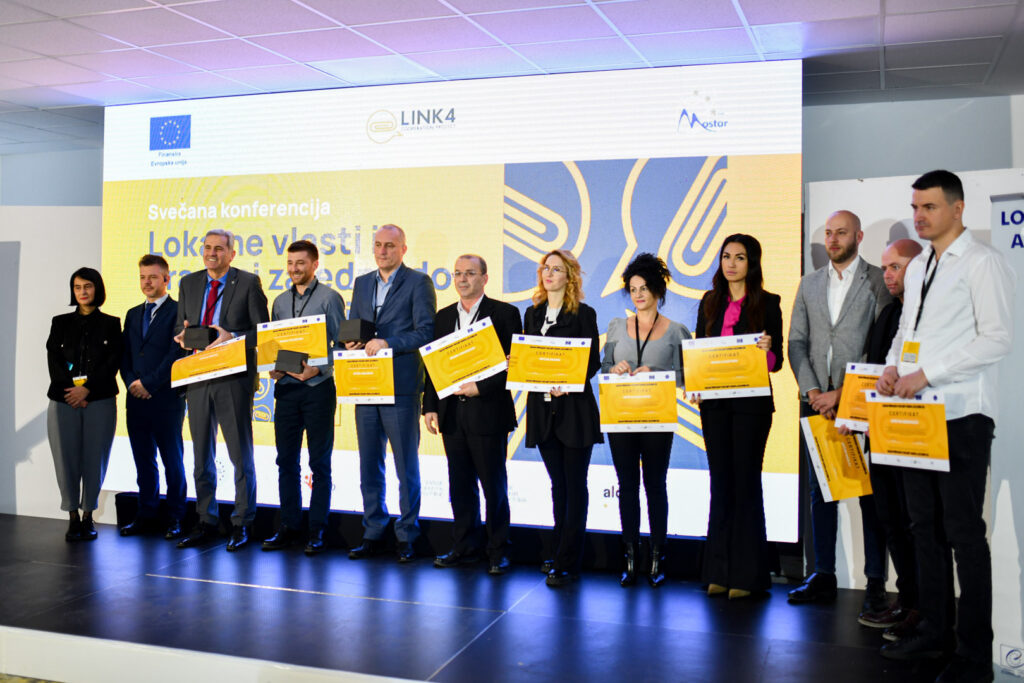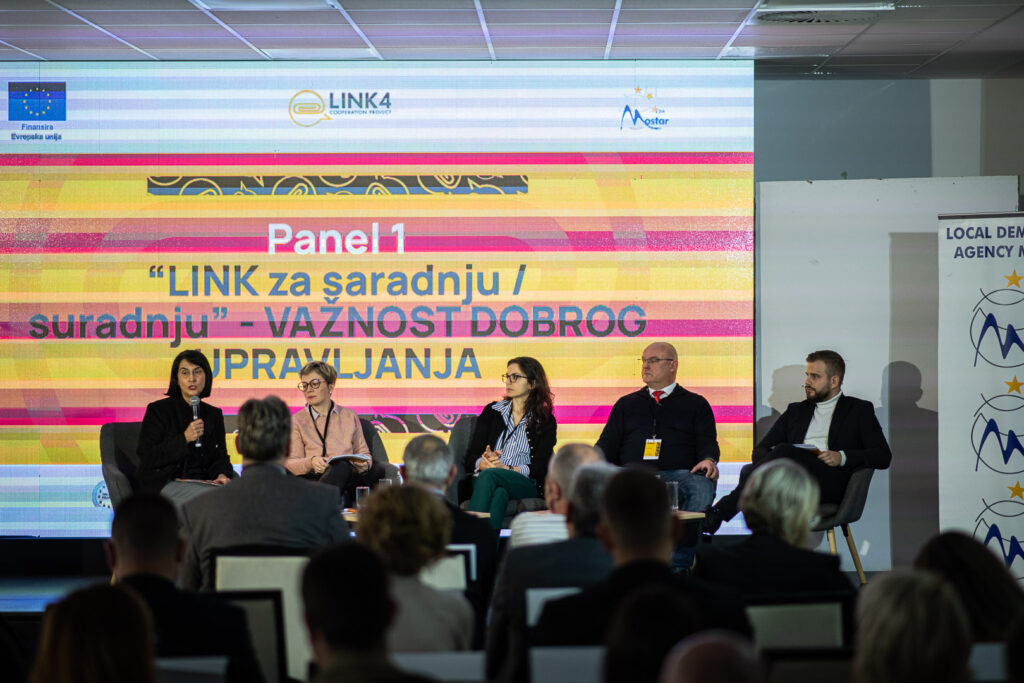This is the series “The Alternative Hour”, the new format produced by WeWorld – an organisation committed for 50 years to guaranteeing the rights of women, girls and children in 27 countries around the world – under the signature of Koala Production, the Rome-based independent production company of Ali, Mouadh and Takoua Ben Mohamed.
When the boys and girls who do not practise religion become a nuisance for the school, the headmaster decides to assign them to a music teacher for the end-of-year concert.
L’Ora Alternativa is a mosaic of stories made up of young characters from different backgrounds, united by the fact that they do not attend religious classes. Usually, each of them spends that time freely; there are those who study in the library, those who sit at the computer, those who sit at the bar, those who smoke in the bathroom and those who enjoy creating a disturbance for the school. One day, the headmaster notices that this situation is becoming a problem and sees an opportunity to solve it when a music teacher proposes to organise an end-of-year concert. However, the teacher is unhappy with this decision and the new presences in the class completely change the balance.
The four episodes take place in the same time frame and have the same sequence of events, with a different point of view for each episode. In fact, each episode has a new main character, its own story and a different theme. However, the union of the four stories, juxtaposed and intertwined, gives a universal meaning that will emerge in the last episode.
“The film explores the school as a miniature of society. The school thus becomes a microcosm reflecting the broader dynamics of society,’ says director Ali Ben Mohamed. ‘The series tries to portray cultural diversity as a normality in today’s city life. The series portrays second-generation youth not as victims, nor as aliens, but as boys and girls who wish to have a normal, carefree life like their peers. The path to adulthood is complex and requires commitment. The ability to communicate in their own language and the depiction of a reality parallel to the school one make these characters unique, without apologising for who they are. This distinguishes them as individuals outside the conventional mainstream, making them alien to those who consider them as such. The series can influence new generations by showing the world through these different eyes, accepting each other without reservation and inspiring greater understanding and inclusion”.
A universal story that tells of adolescence and the difficult transition to adulthood with a special focus on second-generation boys and girls and the processes of integration, outside and inside school walls, with the typical difficulties of a complex and delicate age such as adolescence at its centre.
We talk about marginalisation, self-isolation, class conflict, the sense of loss and abandonment, but also about friendship and courage, showing through different points of view the difficulties and emotions experienced in living poised between colliding cultures: that of the parents and that of the society in which one finds oneself, that of the adult and institutionalised world and that which the new generations want to contribute to realising.
“We wanted to create a product that would not only speak to the new generations but also put their point of view at the centre and tell how difficult it is to find one’s own voice and have the courage to make it heard,’ explains Erica Scigliuolo of WeWorld, the activity’s communication coordinator. ‘When talking about second generations and the participation of people from a migrant background, all too often the point of view remains external, partial, with the strong risk of stereotyping and extremes. At the centre of the story is not their background but them. This is why we have chosen to entrust the entire project to a team of professionals who know these stories, have lived them, and have been able to give life to a story without borders in which boys and girls from all over the world can recognise themselves and feel less alone in the delicate path of growth and self-discovery”.
THE SHAPE PROJECT
The series “The Alternative Hour” was created within the SHAPE project (SHaring Actions for the Participation and Empowerment of migrant communities and Local Authorities), which responds to the European call for proposals AMIF (Transnational Actions on Asylum, Migration and Integration) aimed at promoting the participation of migrant communities and people from a migrant background in democratic processes and in the design and implementation of integration policies.
The project sees the participation as partners of: Municipalities of Lousada and Stuttgart; ALDA (international network); 5 NGOs: WeWorld, Fondation Artmisszio (Hungary), RightChallenge (Portugal), Jesuit Refugee Service (Croatia), LAKA (Germany); the association CONNGI – Coordinamento Nazionale Nuove Generazioni Italiane In addition to the partners, the Municipalities of Milan and Bologna, the association Cittàmondo (MI) and the Municipality of Budapest (part of the Eurocities network) will also participate in the project.
The series will be distributed Europe-wide and subtitled in English and in the different languages of the participating partners.
KOALA JOINT VENTURE
Koala Joint Venture is a consortium of three siblings united with the aim of realising the project ‘The Alternative Hour’ for WeWorld. Ali and Mouadh ben Mohamed have long experience in producing and directing documentaries of various genres.
Takoua ben Mohamed is a graphic journalist who has been writing intercultural comics for years. Themes such as identity and the transformation of cities are constantly present in most of the works of Koala members.
What really counts for KOALA is having a fresh imagination, an original voice and a unique perspective. In the future, the goal is to turn this venture into a production that makes films focusing on similar themes.
CAST AND CREW
DIRECTION and SCREENPLAY: Ali and Mouadh Ben Mohamed
DIRECTING AID: Flavio Verde
EDITOR’S SECRETARY: Daria Moriconi
PRODUCER: Elena Lo Buono
ASS. PRODUCTION: Kacem Younssi
RUNNER: Ahmed Adel
DOP: Sara Brusciano
OPERATOR: Jumar Gonzalo
ASSISTANT OPERATOR: Matteo Di Bongiovanni
VIDEO ASSISTANT: Teimy Alawa
STEADYCAM OPERATOR: Giacomo Colombo
DATA MANAGER: Roberto Cucinotta
SCENOGRAPHY: Alessandra Crinò
CHIEF ELECTRICIST: Rafael Spagnolo
ASS. ELECTRICIST: Emanuele Gioia
HEAD OF ENGINEERING: Nicolò Merlini
EDITOR: Pietro Traversa
MUSIC: Dario Lanzellotti
SOUND OFFICIAL: Fabrizio Celani
COSTUMER: Giulia De Carolis
MAKEUP ARTIST: Sofia Laganà
CAST
ZAK Ibrahim Keshk
DENALI Mishel Fernando
SARA Fatou Tufa Sokhna
PRO. BASSETTI Danilo Vanella
MOTHER ZAK Souad Khoudi
ISMAIL Youssef Shafai
PROF. PARISI Antonio Tonziello
CHAIRMAN Nicoletta Vitiello
SALAH Yosri Buraie Basher
JO Natnael Amanu
STUDENT mus. Salem El Khashmi
MARCO Abderrahmen Sebai
ANTONIO Fabrizio Piacenti
CHIARA violin Isik Uckan
VIOLONCELLO Sara Terranova
FATHER DENALI Rishad Noorani
MOTHER shop Monica Presti
DAUGHTER shop Sofia Laganà
SEM 1 PASSERS Hamdi El Mehdi
SEM 2 PASSERS Martina Tonioli
STUDENTS
1: ZIAD AMER
2: SUHAIB EZZEDDIN AMER
3: OMAR BURAIE BASHER
4: ARIANNA COLETTA
5: ZEID BEN MOHAMED
